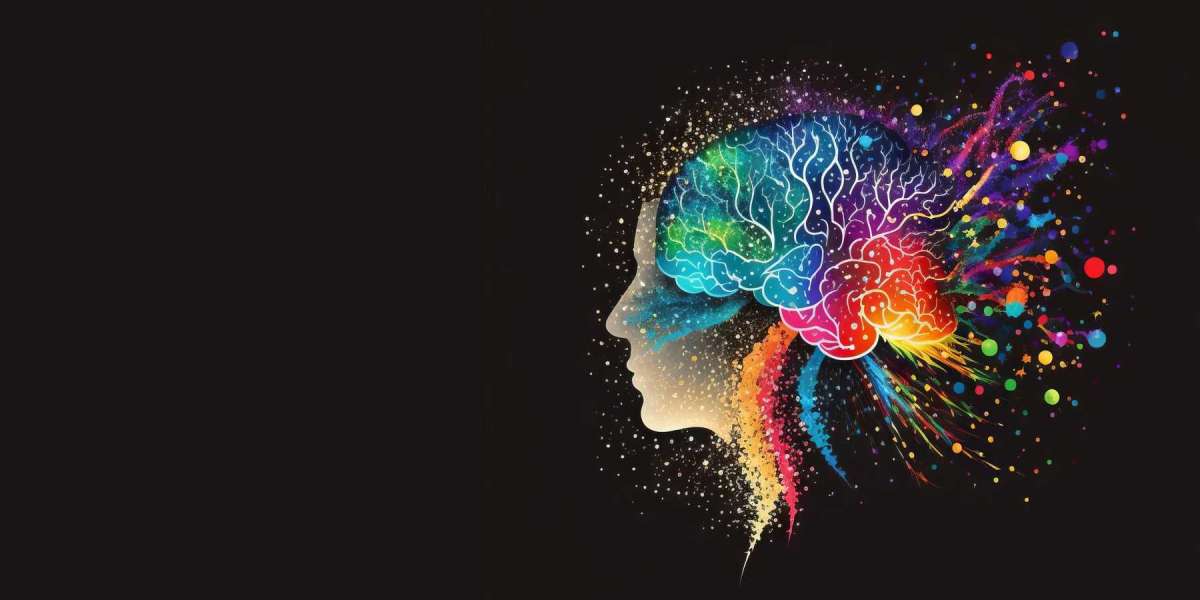I. Opening: Moving Beyond the Everyday Battles
a. Introduction:
Going beyond the limits of traditional treatments, this paper explores the deep link between spirituality and anxiety management. We discover the power of spirituality to help us overcome anxiety by delving into its symptoms, different ways of treating it, and the spiritual purpose of meditation.
b. The Search for Inner Harmony:
When people are struggling, they typically look to spirituality for comfort and purpose. Spirituality offers a comprehensive framework that handles the emotional, psychological, and even existential parts of being human, in addition to the more concrete parts of anxiety treatment.
II. Anxiety Signs and the Disconnection from Spirit
a. Feeling Cut Off from Ultimately Meaningful Things:
Anxiety can be intensified when one feels spiritually disconnected or experiences existential anxiety. Those who suffer from existential anxiety may find themselves emotionally troubled as they try to make sense of their lives and the meaning of things.
b. Anxiety-Induced Restlessness:
Anxiety frequently disturbs one's internal calm, rendering them perpetually agitated. An imbalance that goes beyond the material and psychological worlds might cause a person to lose their inner calm, according to the spiritual view.
c. Seeking a Higher Power in the Midst of Chaos:
A key component of spirituality is the pursuit of enlightenment and a bond with a power greater than oneself. As they try to make sense of their inner turmoil, people who suffer from anxiety may find comfort in spiritual practices.
III. Holistic Methods for Treating Anxiety
a. The Spiritual Context of Mindfulness Meditation:
Mindfulness meditation, which has its origins in spiritual traditions, is a game-changing method for dealing with anxiety. Individuals might discover lasting serenity and stability beyond the ephemeral nature of anxiety by practicing spiritual concepts and being fully present in the moment.
b. Praying and Making Positive Statements:
Spiritual practices like speaking positive statements and praying allow people to voice their worries, ask for help, and strengthen their beliefs. These routines help one feel better emotionally by establishing a rapport with a higher power and providing solace.
c. Practicing Gratitude:
Gratitude is a spiritual practice that can help you overcome anxious thoughts by teaching you to focus on the good things in your life. The negativity that feeds anxiety can be effectively countered by cultivating an attitude of thankfulness.
The Importance of a Strong Network and Mutual Aid
a. Belonging and Support from Spiritual Communities:
Being involved with spiritual communities can make you feel more at home and provide you a helping hand when you need it. Anxiety can be better managed in a supportive setting where people can share their experiences, participate in rituals, and connect with others who understand.
- Spiritual leaders can help those struggling with anxiety by providing advice and direction. Spiritual leaders may teach their followers skills in introspection, resiliency, and seeing the bigger picture in the face of adversity.
c. Spiritual rites and ceremonies:
These can be very effective means of healing. Anxieties can be alleviated through symbolic rituals, prayer groups, or meditation ceremonies by finding solace and a sense of transcendence.
V. Spiritual Traditions' Meditation Practices
a. The Role of Yoga in Achieving Inner Peace:
Drawing from a variety of ancient spiritual traditions, yoga is a practice that combines physical postures with breathing exercises and meditation to promote emotional and mental health. Because it works on all levels of being (physical, mental, and spiritual), yoga is a great tool for dealing with anxiety.
b. Transcendent Awareness through Zen Meditation:
A foundational practice of Buddhism, transcending through Zen meditation is the goal. Letting go of attachments and adopting a more detached, observant viewpoint is a common way for Zen meditation practitioners to alleviate anxiety.
c. The Practice of Contemplative Prayer in Christian Spirituality:
Christians are taught to pray in a way that allows them to quietly commune with God. Anxietiest people can find relief and calm via this practice, which cultivates a feeling of spiritual closeness.
VI: How Spirituality Can Enhance Medical Care
a. Team-Based Approach:
Anxiety treatment that incorporates spirituality and professional mental health care is a team-based and all-encompassing approach. It is possible for mental health practitioners to collaborate with religious or spiritual leaders in order to honor and incorporate patients' religious or spiritual practices into treatment.
b. Psychoeducation on Spiritual coping Mechanisms:
Empowering individuals to apply spiritual coping mechanisms is a critical component of psychoeducation. One way to help people deal with anxiety is to teach them how spiritual practices can be integrated with scientifically proven treatment methods.
c. Recognizing and Respecting the Diversity of Spiritual Beliefs:
In order to provide mental health care that is both inclusive and culturally sensitive, it is vital to recognize and respect the diversity of spiritual beliefs. Treatment can be more tailored to each patient's needs by taking into account the specific ways in which they draw on their spirituality.
Summary: Reflections on the Path to Inner Peace
Finally, a deep inner journey towards resilience and calm can be had through the intersection of spirituality and anxiety treatment. Embracing spirituality alongside professional therapy, learning to recognize anxiety symptoms in relation to a spiritual disconnect, and trying out different spiritual approaches to treatment can all lead to a life of tranquility. A more profound feeling of purpose, connection, and inner peace can be fostered via the embrace of spirituality, in addition to alleviating the symptoms. Through the exploration of their spiritual paths, individuals have the power to heal deeply, finding peace and resilience in the face of anxiety's trials.


